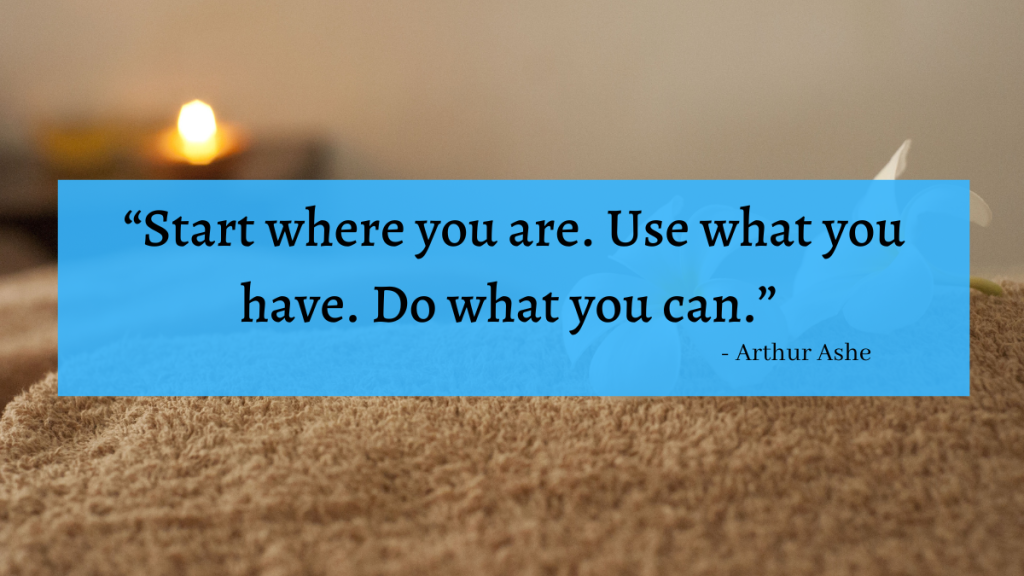
After writing my most recent post about misunderstanding the meaning of rest, the idea kept running through my mind. As I wrote in that post, it’s clear that many of us know that we don’t get enough rest. Even people who get enough rest feel that this is not the case. And the way the world has changed in recent decades, there are more reasons than ever for burnout. But did you know how many different types of rest there are? In the spirit of doing my best, I decided to analyze these different types and share what I have learned.
The seven types of rest
The inspiration for this post came from a TED article titled “The 7 types of rest that every person needs.” I learned a lot of things from reading this article, and not only that there are different types of rest! We tend to think of rest as inaction, like not moving or being alone. Whether it’s an American or Western way of thinking, this is how I’ve seen rest portrayed in my life. If I didn’t know better, I would say that rest is synonymous with sleep, but in reality it is much more.
One thing this article opened my eyes to is the fact that rest happens when we have the time and space to do so. It’s hard to rest if you’re stressed, uncomfortable, or have urgent things to do. Removing yourself from situations is often considered the optimal version of rest. That said, it was interesting to learn that rest can also mean enjoying the things you love or being around people who fill your cup.
While physical rest is important, it is far from the only type. Other types of rest include mental, sensory, creative, emotional, social and spiritual. What I love about this variety of rest is that each type of rest meets a unique need of people. It reminds us that we are all different and that we need different things. As someone who is more introverted, focusing on sensory and social rest may be more important for me than for other people. At the same time, some people value having more or less emotional rest than I do. We are all different, which means we have different needs.
Changing the way we view well-being
This lesson in rest not only helped me change the way I view my mental health, but also my overall well-being. There are so many ways we can take care of ourselves and, in that same sense, there are so many ways to rest. Rest is more than sleep, and sleep alone won’t always give us the restoration we need.
It can be frustrating knowing that sleep isn’t always the answer, but I choose to try hard. If you think about it, rest and mental health have a lot in common. Just as there is no single way to rest, there is no single way to take care of our mental health. The more we learn, the more we grow and the better equipped we will be to get what we need. Regardless of how you rest, I hope you learn how rest can provide restoration and rejuvenation, something each of us deserves.








